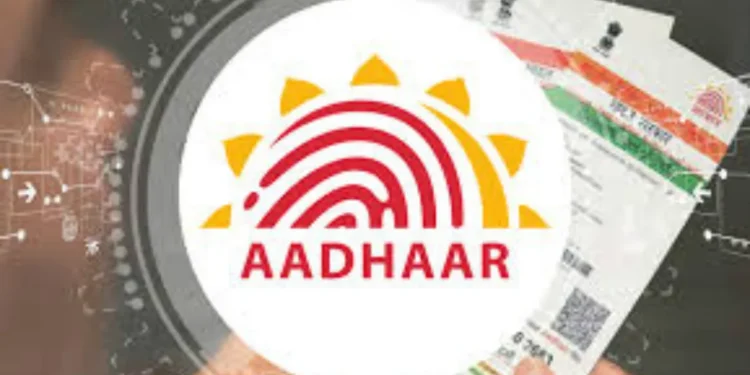Once India’s new Digital Personal Data Protection (DPDP) Act comes into effect, the Aadhaar system will be fully compliant with it, said Bhuvnesh Kumar, the CEO of UIDAI (Unique Identification Authority of India). In fact, he added that Aadhaar already goes beyond some of the Act’s requirements.
“People cannot store or use Aadhaar data without clear permission,” Kumar explained. “Even when someone shares Aadhaar, they must do it with consent and for a specific purpose.”
He also mentioned that Aadhaar has stricter rules about storing and sharing data than many other systems. The Aadhaar Act allows the use of collected information only for verification or other officially approved purposes.
When asked about misuse concerns—like tracking or profiling people using Aadhaar—Kumar gave a clear explanation. He said the system prevents such risks by design. For example, it keeps Aadhaar-related transaction details for only six months. After that, the system deletes the data. This makes it impossible to track how someone used the data beyond that time.
Kumar highlighted that the Aadhaar system is highly automated and secure. All data flows through protected channels, gets verified, and then returns securely.
Earlier this year, the government allowed private companies to use Aadhaar authentication under strict rules that follow the DPDP law. UIDAI is now reviewing the final set of rules to make sure everything matches the law, Kumar said.
When asked whether the system deletes Aadhaar data, Kumar explained that UIDAI stores core data like fingerprints and iris scans to prevent duplicate identities. This helps keep the system strong and reliable.
UIDAI is also working with the Registrar General of India to identify and deactivate Aadhaar numbers of people who have passed away to prevent fraud. In addition, UIDAI is using artificial intelligence (AI) to make the system smarter at detecting suspicious activities.
Lastly, Kumar reminded everyone that Aadhaar is not mandatory for most services. “You don’t need Aadhaar to vote or to get a SIM card. There are other ways to prove your identity,” he said. He also clarified that Aadhaar is not proof of citizenship. “UIDAI issues Aadhaar to anyone who has lived in India for at least 182 days in the past year,” he added.
Also read: Data Breach at vORBO Portal Uncovers Major Vulnerability










